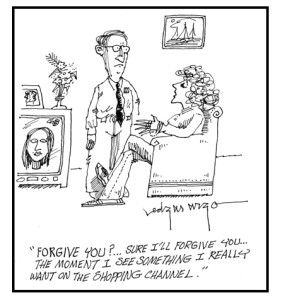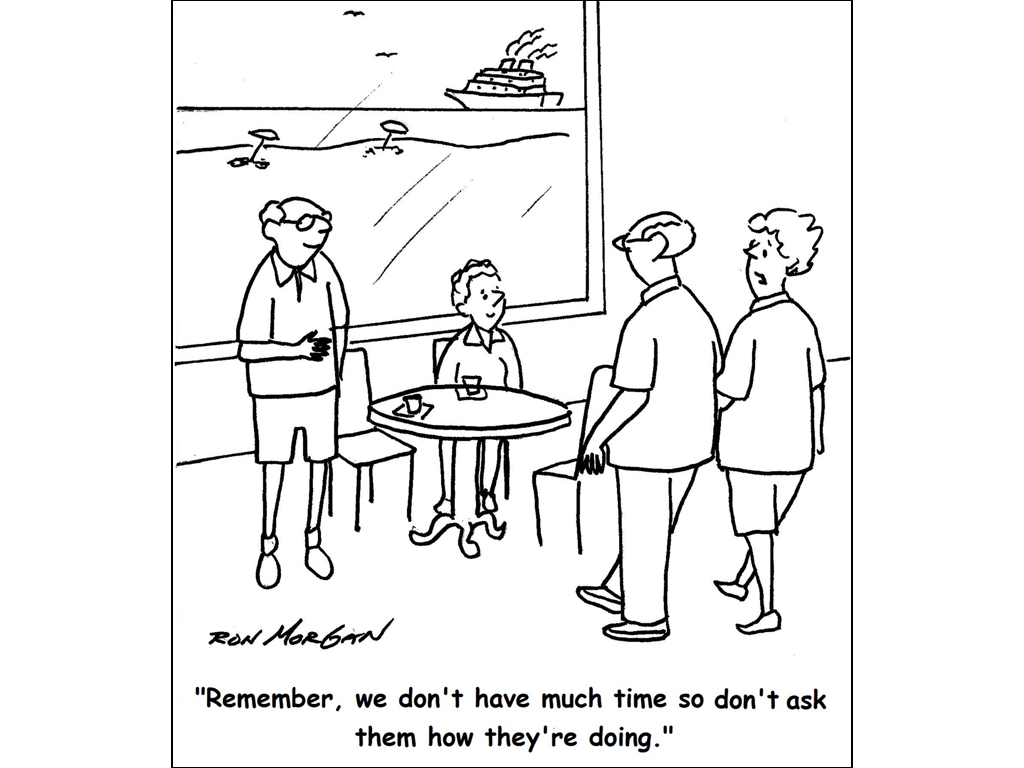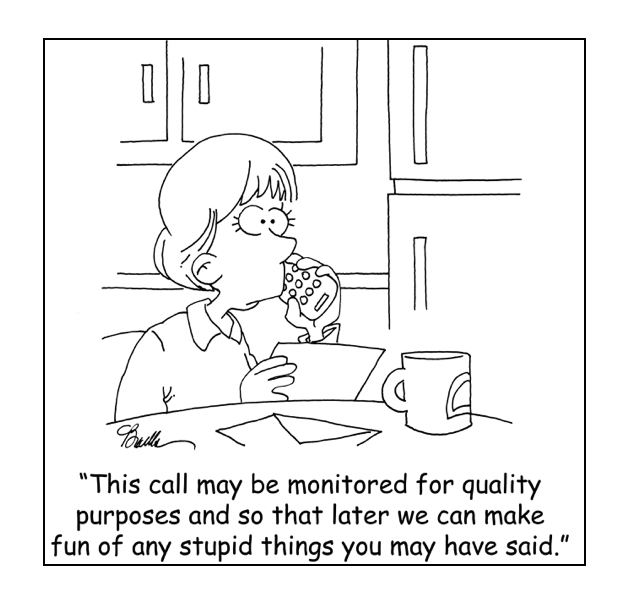 To forgive is to set a prisoner free and discover that the prisoner was you. —Lewis Smedes
To forgive is to set a prisoner free and discover that the prisoner was you. —Lewis Smedes
In her book The Liar’s Club, Mary Kerr tells the true story of a married couple who had a major argument over how much the wife had spent on sugar. Instead of resolving the simple dispute, both husband and wife held on to their grudge and refused to speak to each other for forty years. As if silence wasn’t enough to perpetuate their dispute, one day the husband took a saw and literally cut their frame house in half. They lived the rest of their lives in separate sides of the house.
Granted, this story is rather extreme, but it does illustrate the damaging effects of unforgiveness. In years of counseling, I’ve never known a couple to cut their house in two, but I have seen couples who were emotionally separated from each other, often for decades, because of unresolved offenses.
Forgiving others brings freedom in three areas.
1. The one who has been offended is set free from harmful emotions.
When offended, our natural response is to become angry, and initially, there’s nothing wrong with that; anger is an instinctual and appropriate response to hurt. But unresolved anger can soon escalate to bitterness, hatred, and other toxic emotions.
Notice who is adversely affected by these dangerous emotions—the offended, not the offender. When we refuse to forgive others, it is often we who suffer the most. So we must forgive for our own well-being.
This is why we must forgive even if our offender doesn’t ask for forgiveness. Our offender may never ask forgiveness so we must choose to forgive, otherwise we will suffer twice: once at the offense and on a continual basis if we harbor anger or hurt.
Marshall Goldsmith said, “Forgiveness means letting go of the hope for a better past.”
2. Relationships can be healed.
Philip Yancey, in his book What’s So Amazing About Grace, wrote, “Forgiveness offers a way out. It does not settle all questions of blame and fairness—often it pointedly evades those questions—but it does allow a relationship to start over, to begin anew.”
In the early years of our marriage, Mary and I argued often, and sometimes the squabble would become so complex we’d even forget what the initial issue was. In the heat of an argument, we would drag in issues from the past, present, and even the future. We returned insult for insult. We’d dig in our heels, choose our weapons carefully, and engage in mental and emotional battle.
But as we’ve matured we handle disputes differently. We still argue, but it seldom gets out of hand. Moments into the conflict we may say something like, “Sweetheart, I love you. Regardless of what happened to cause this dispute, our relationship is more important. Please forgive me for my part in this misunderstanding.” Are we naively ignoring the issues? No, we’re simply maintaining the integrity of our relationship.
Forgiveness is life-giving water poured upon a parched, dry relationship. Without it, relationships can spiral out of control until they are broken or impaired.
3. Forgiveness offers grace to the offender.
When President Lincoln was asked how he was going to treat the rebellious Southerners when they had finally been defeated. The questioner expected that Lincoln would take a dire vengeance, but he answered, “I will treat them as if they had never been away.”
When we forgive others we offer them grace and emotional release from feelings of guilt.
It’s important to know that forgiveness is a choice; it’s a function of our wills, not our emotions.
We must choose to forgive because we will seldom feel like forgiving. I often illustrate this by holding a pen in my hand and then, as an act of my will, I drop the pen on the floor. Forgiveness is like that; we must drop the issue and the offense. Just let it go.
Forgiving an offense doesn’t mean we will forget what happened. It may be hard if not impossible to forget the details and memories surrounding an offense. But forgiveness will provide emotional relief, and in time it will ameliorate painful memories.
Forgive one another.
[reminder]What are your thoughts about this essay?[/reminder]
Summary
What? Forgiving others will bring relief to both the offender and the offended.
So what? Make forgiving others a consistent part of your life.
Now what? During a time of quiet reflection, make a list of those who have offended you. As an act of your will, forgive them.
Leaders – The mental and emotional condition of your team members will, for better and for worse, affect their work and ultimately the organization. Unresolved issues in both private and work relationships will hamper productivity. The willingness to forgive others will resolve many of these issues.
A recent blog—Include these three phrases in your conversations—addressed some of these issues.
 A lot can be accomplished in a four-minute conversation. It’s long enough to make a solid connection and a good impact; it’s short enough to maintain a quick pace and uninterrupted flow.
A lot can be accomplished in a four-minute conversation. It’s long enough to make a solid connection and a good impact; it’s short enough to maintain a quick pace and uninterrupted flow.


